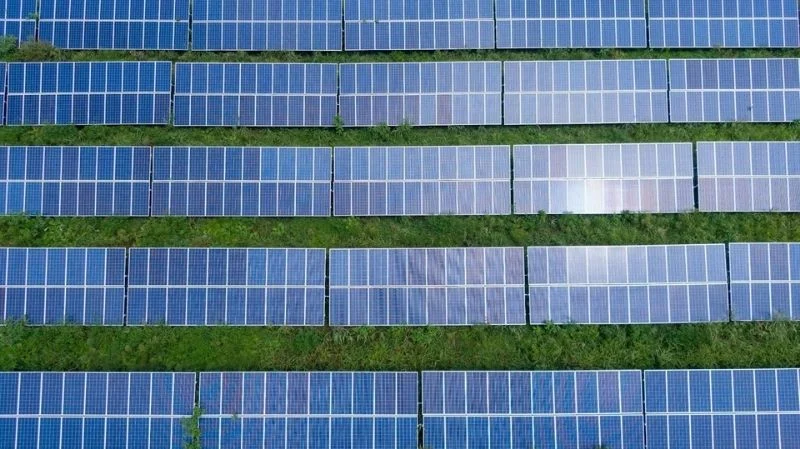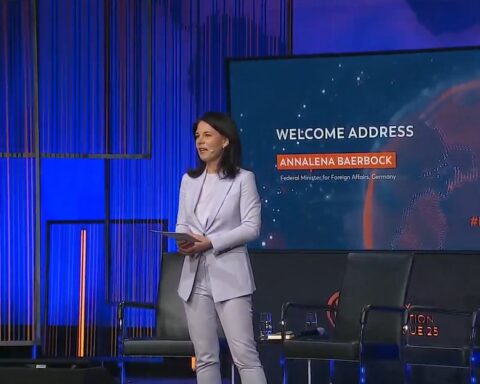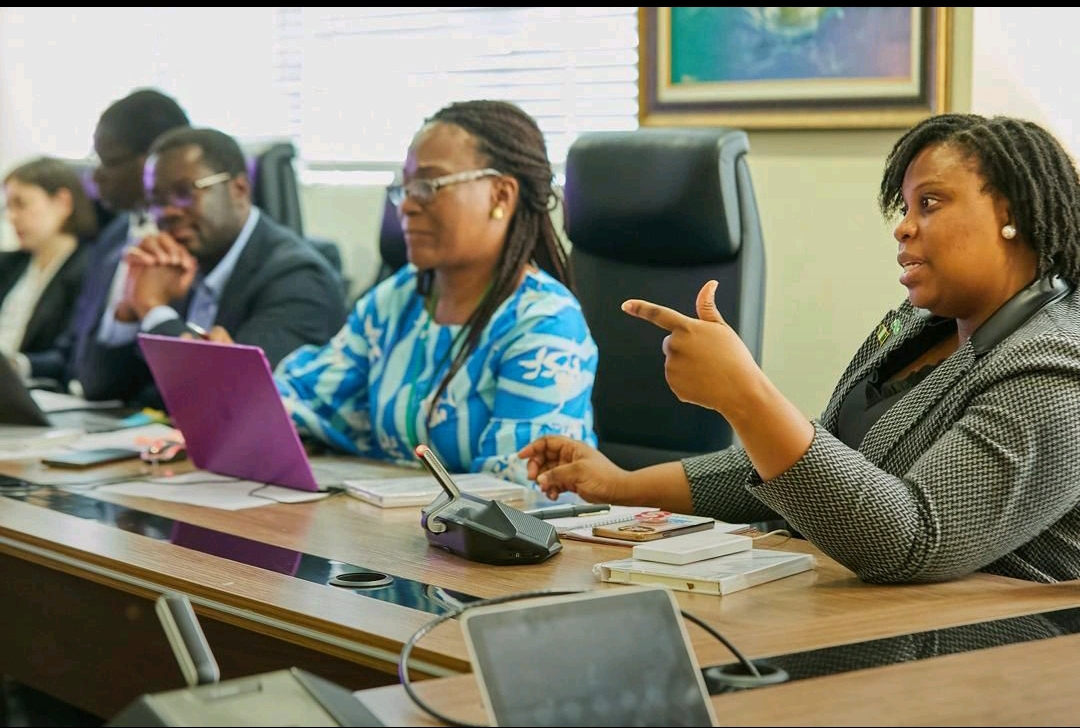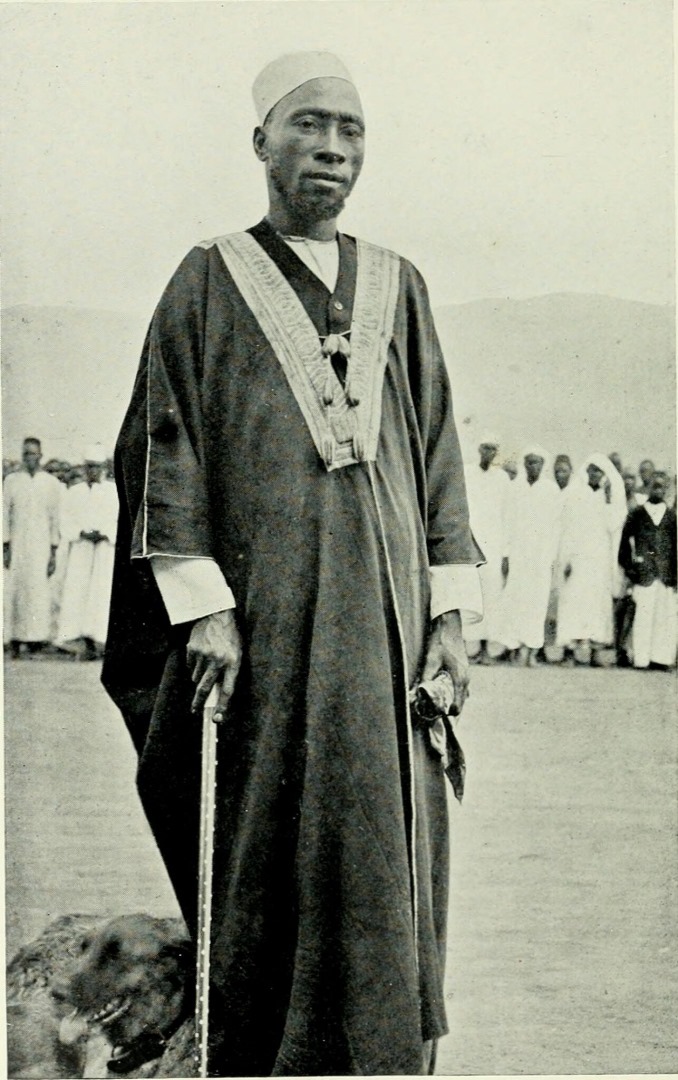The German Agency for International Cooperation (GIZ) has reaffirmed its dedication to accelerating Nigeria’s transition to clean energy through streamlined importation processes for renewable energy technologies.
At a recently concluded stakeholders’ consultative forum in Lagos, GIZ Nigeria and ECOWAS Country Director, Dr. Markus Wagner, represented by Duke Benjamin, emphasised the crucial role of the Nigeria Customs Service (NCS) in facilitating the nation’s energy transition and broader sustainable development goals.
He noted that the implementation of the Advance Ruling System by the Customs Service has significantly eased the importation of clean energy components, reducing administrative bottlenecks and enhancing customs clearance timelines.
“With the valuable support of our commissioning parties, our collaboration has already delivered tangible results: shorter customs clearance times and reduced administrative burdens for clean energy importers,” Mr Benjamin stated.
The high point of the forum was the launch of a comprehensive handbook on import and export procedures for renewable energy and energy-efficient technologies, described by GIZ as a milestone for improving ease of doing business across Nigeria’s borders.
GIZ also highlighted its joint sensitisation efforts targeting importers and customs officers on the classification and valuation of renewable energy and energy-efficient technologies. According to Mr Benjamin, this has improved operational efficiency while ensuring compliance with international standards.
He also commended the NCS for its ongoing digital reforms in documentation and trade processing, which he said had accelerated the flow of sustainable energy products into the Nigerian market.
Beyond customs facilitation, GIZ disclosed that its technical assistance to the Nigerian government includes strengthening institutional frameworks, building capacity across ministries, and promoting knowledge transfer to support Nigeria’s sustainable development goals.
“In the energy sector, GIZ has supported the development of renewable energy policies, enabled rural mini-grid projects, and helped improve national energy efficiency standards,” Mr Benjamin added.
Meanwhile, the Federal Ministry of Power has described the GIZ-implemented Nigeria Energy Support Programme (NESP) as a major enabler of renewable energy trade facilitation in the country.
The ministry’s Permanent Secretary, Mahmud Mamman represented by Ben Ayangegor said the programme aligns with the goals of Nigeria’s Vision 30:30:30, which targets 30 gigawatts of electricity by 2030, with 30 per cent from renewable energy sources.
“It is commendable that, with support from NESP, the Nigeria Customs Service is advancing trade facilitation on renewable energy equipment as envisioned by the National Renewable Energy and Energy Efficiency Policy,” Mr Mamman said.
The permanent secretary urged the Federal Ministry of Finance to establish a dedicated task force, headed by the Comptroller General of Customs, to fast-track the importation and exportation of renewable energy equipment.
The task force is expected to expedite screening processes for renewable energy (RE) and energy efficiency (EE) components; Streamline customs procedures; Train customs officers on product quality and incentives, and develop a specialised Harmonised System Code for RE components.
The event underscored the growing synergy between international development partners and Nigerian institutions to bolster the clean energy ecosystem and support the country’s commitment to its Nationally Determined Contributions under the Paris Agreement and its 2060 net-zero targets.
By Dare Akogun







